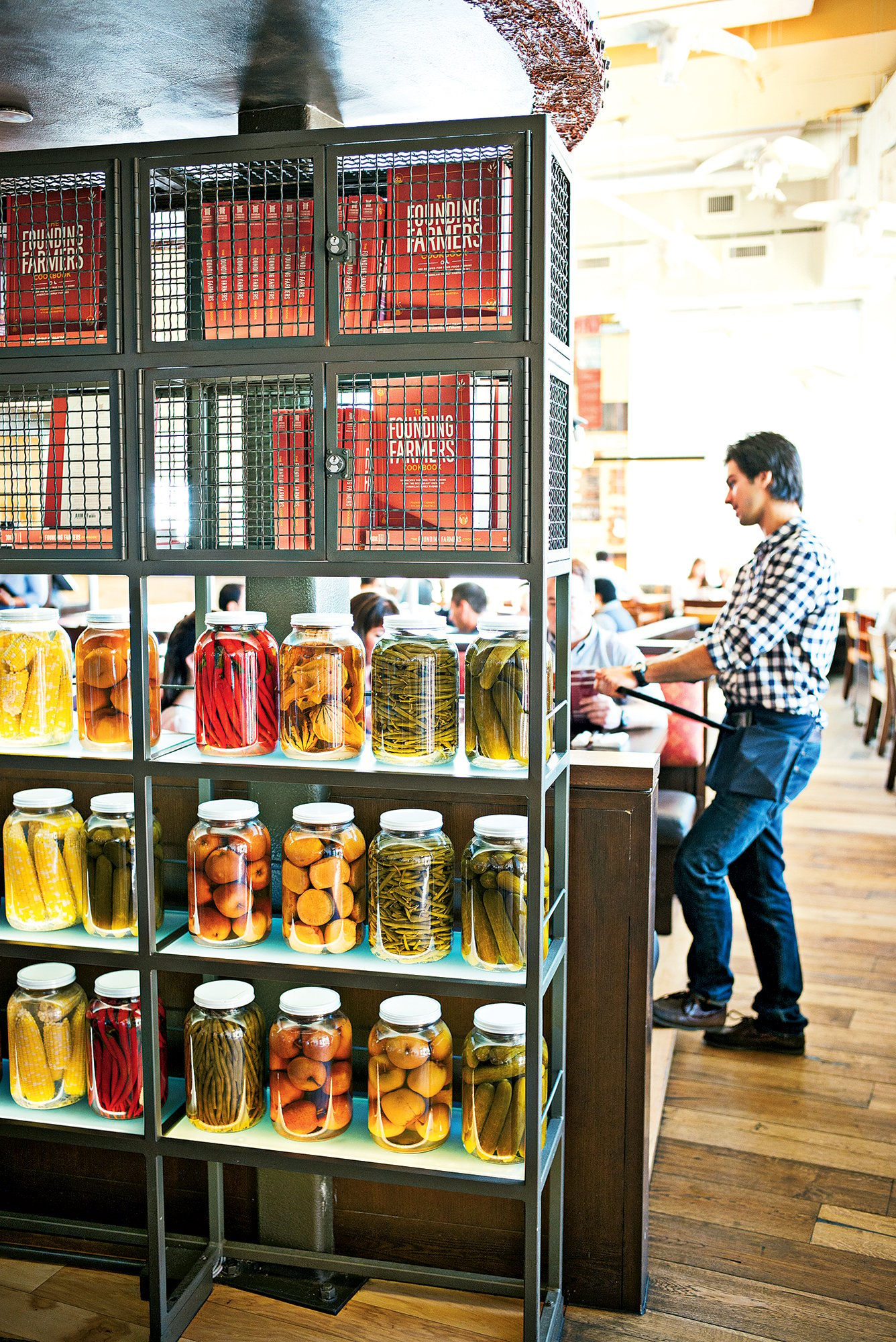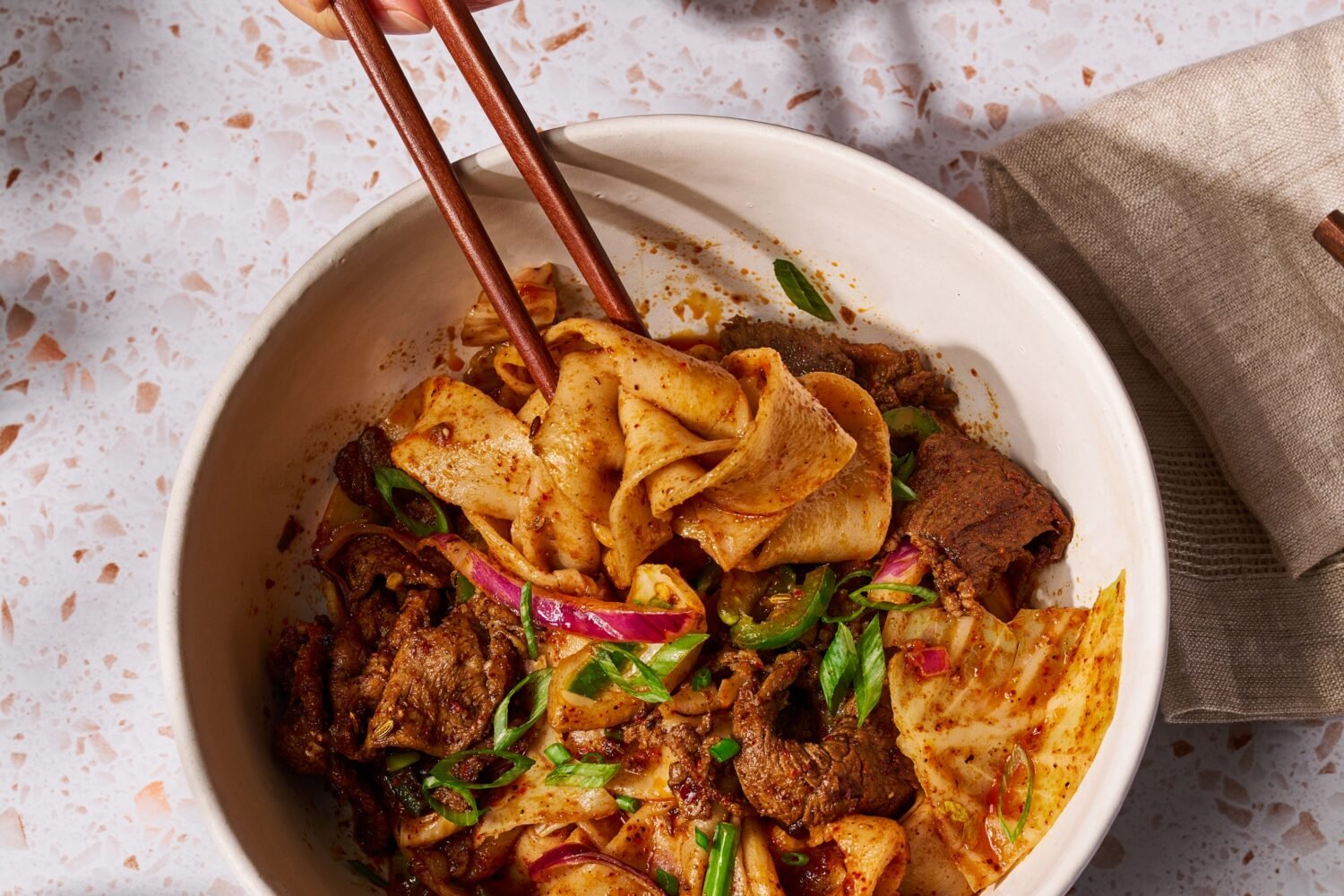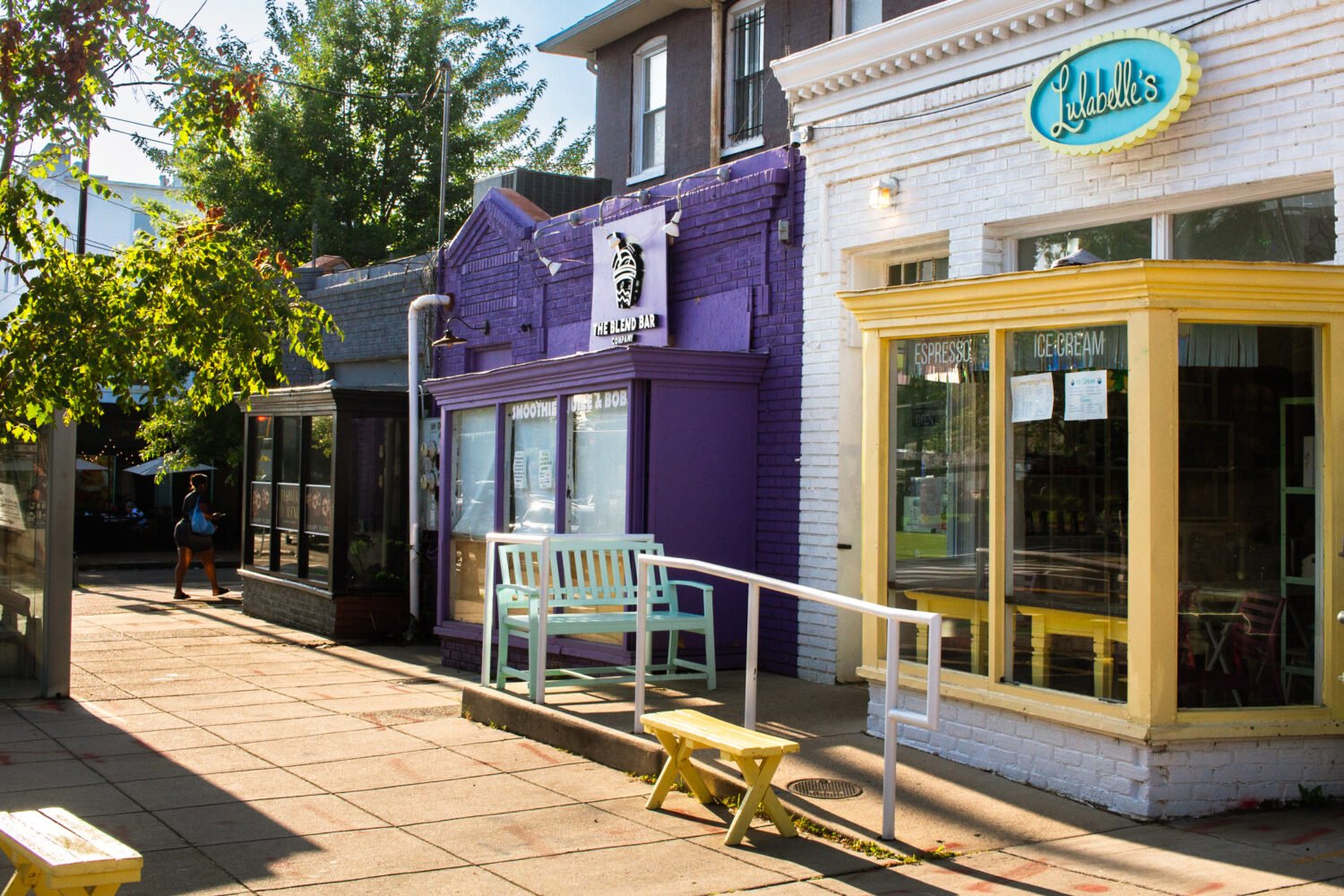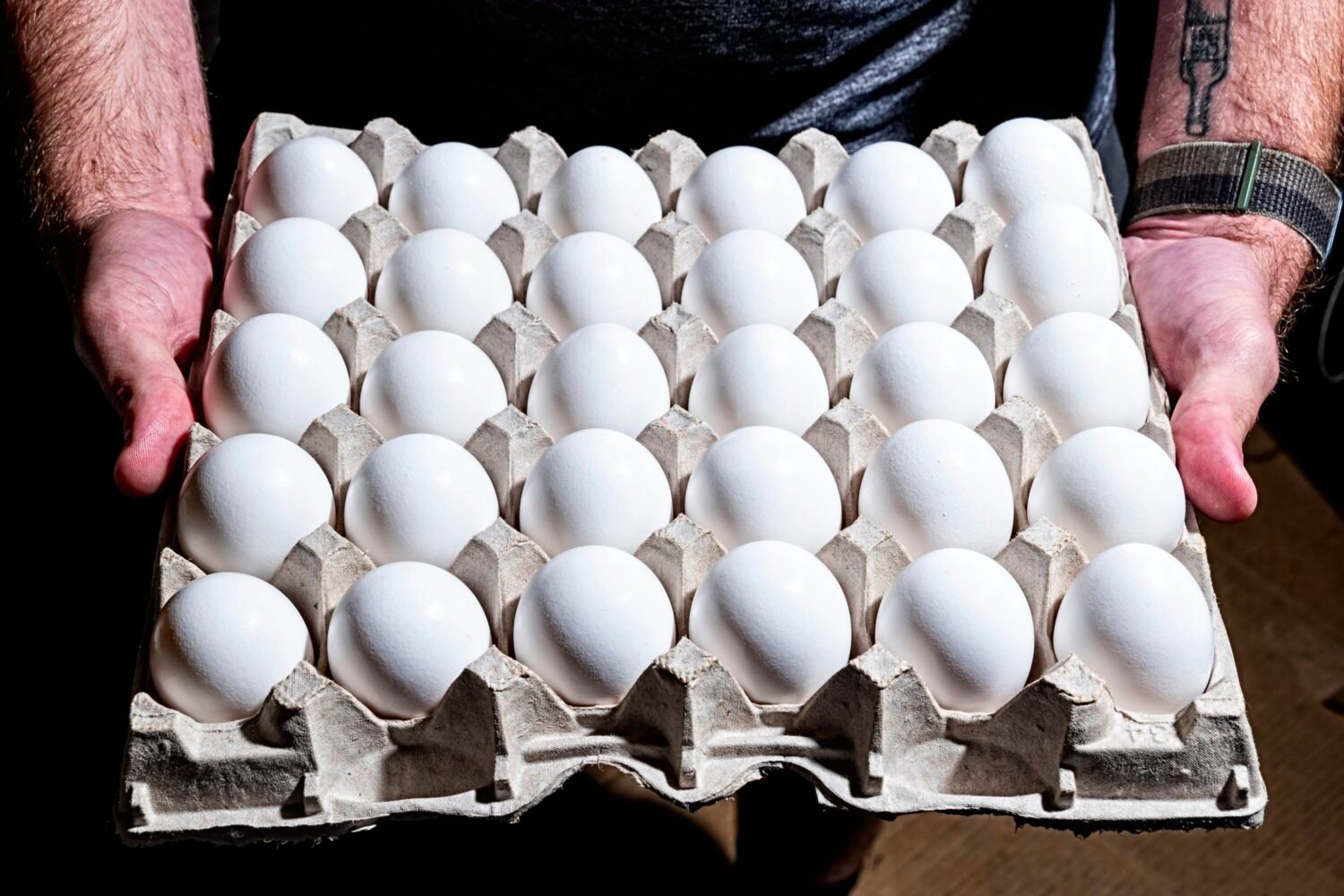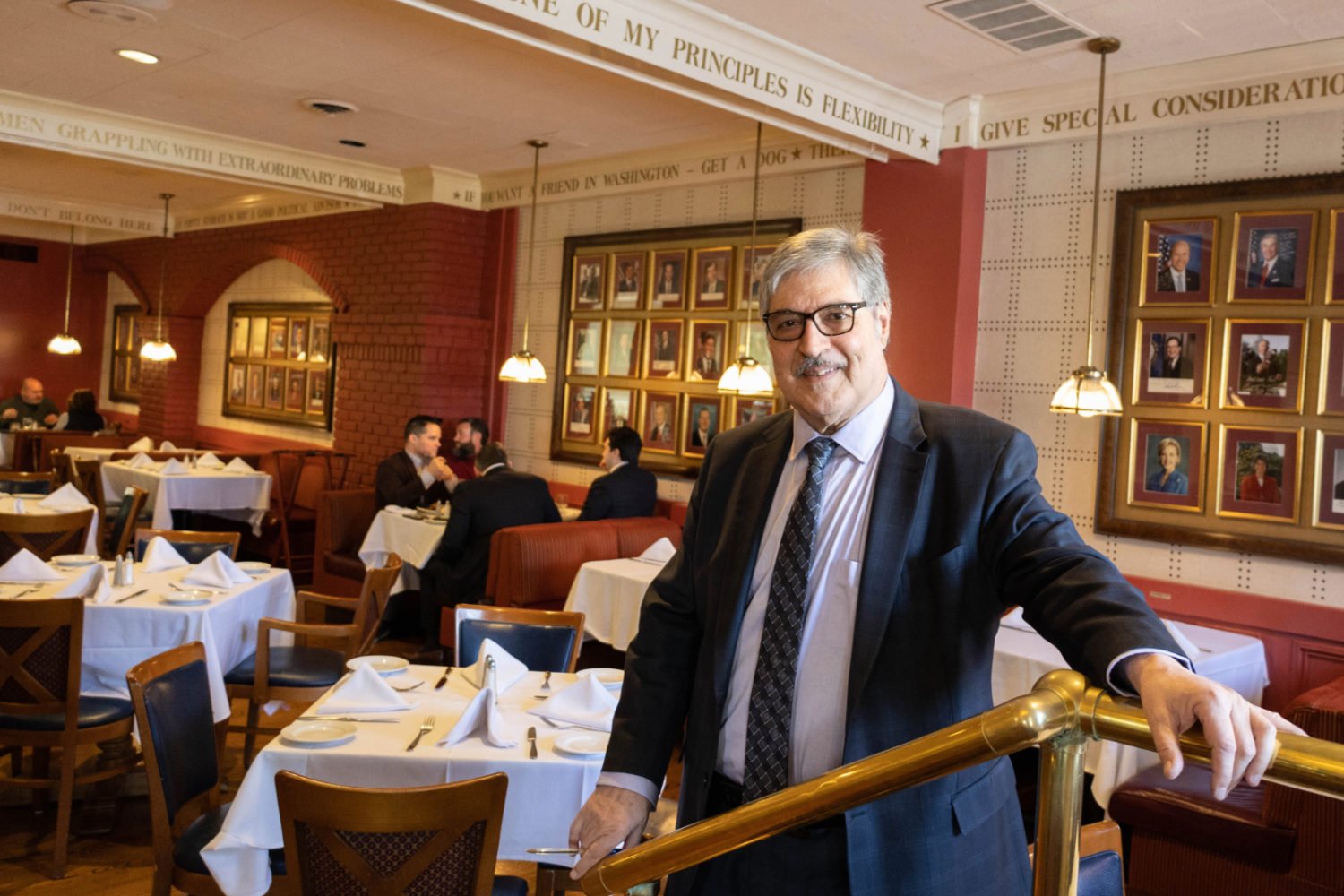Washington’s food connoisseurs line up for nouveau-Filipino joints and the latest Michelin-starred tasting menu. So why is DC’s most popular restaurant a decade-old comfort-food spot that serves undistinguished fried chicken and was famously dismissed by the Post’s restaurant critic in a zero-star 2016 evisceration?
The unrelenting success of Founding Farmers is one of our food scene’s enduring mysteries. The Foggy Bottom standby has been the most booked restaurant on OpenTable for the last five years—not just in the District but across the country. It’s also the most reviewed DC restaurant on Yelp and one of the 40 highest-grossing independent restaurants in America.
“It’s kind of the millennial version of the Cheesecake Factory,” says one confessed fan, a 35-year-old named Marc Helman, who works in finance and otherwise names acclaimed spots like Rasika and Komi among his favorite restaurants. For patrons like Helman, the affordable fare at Founding Farmers—along with six other Farmers restaurants—offers just enough trendiness (it’s got cold-pressed juice and hand-pulled noodles) without being pretentious. While you can undoubtedly get better seafood bucatini elsewhere, will that place also cater to your sushi-loving spouse, your vegan cousin, and your boring friend who never wants to eat anything “weird”?
As it turns out, Helman is on to something. Two of Farmers’ owners, Dan Simons and Mike Vucurevich, got their start helping build—that’s right—the Cheesecake Factory in the chain’s early years. But Simons insists the businesses don’t share much beyond their something-for-everyone menus. His chain makes bread from scratch, distills its own spirits, and even uses custom dishware.
Simons also doesn’t buy the Cheesecake Factory-esque criticism that the menu is too big. To the people who complain about that, he says, “OK, tell me what I don’t do well and then show me that by stopping doing it, I’ll do the rest of the stuff well… If you go into one of our restaurants and you get bad service or bad food, the problem isn’t the menu’s big. The problem is we didn’t execute. And by the way, that’s my fault, and so I should do better.”
Simons adds it was not Cheesecake Factory, but rather his time at Eatzi’s, a Texas-based bakery and cafe that produced 1,800 fresh items per day, that was the most impactful on what Founding Farmers has become. “I think a lot through the eyes of a retailer. And it’s a different thing. It totally opened my eyes to consumer behaviors and how people shop and sight lines,” he says.
But more than consumer behavior research or custom plates, if you ask Simons what has made Founding Farmers so popular, he’ll inevitably start talking about… love. Give it to employees, he believes, and they’ll pass it on to customers. To that end, the staff has access to Google-like perks, including a therapist, “guidance counselor,” and in-house masseuse. (Really. The full-time, salaried masseuse has a studio in Alexandria and anyone in the company can book an appointment.) “We’ve got this mind/body thing going,” he says.
It’s not all about kumbaya though. Simons believes another factor in Founding Farmers’s success is that it never solves problem with price. “Everybody else is raising their prices all the time, and we don’t do that,” he says.
Because of the restaurant group’s relationship with the North Dakota Farmers Union, they’re able to save costs on the supply chain. They also save by making nearly everything from pastas to booze from scratch—unlike your average chain. The restaurants have cut booze costs in half by pouring Founding Farmers vodka and getting rid of Tito’s. “We can pass those savings on to our guests,” Simons says.
It doesn’t hurt that Simons and Vucurevich have a unique perch to learn from the mistakes and victories of others. For more than a decade, the two have also run a hospitality consulting and recruiting firm, VSAG, which big brands (InterContinental Hotels, Applebee’s) and local shops (DCity Smokehouse, Dacha Beer Garden) have gone to for help.
“I would love to do their numbers,” says Lebanese Taverna co-owner Grace Abi-Najm Shea, who hired VSAG to revamp her family’s restaurants in large part because of the reputation of Farmers Restaurant Group. “They run it like a company. Their level of organization and accountability is much higher than, say, a family mom and pop. They make sure things are exactly like they want them to be.”
That’s bolstered by the self-fulfilling prophecy to success. “They’re large places. They’re busy,” she says. “And you know, busy creates busy.”
A version of this article appeared in the March 2018 issue of Washingtonian.

